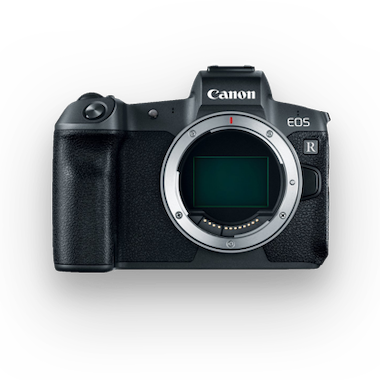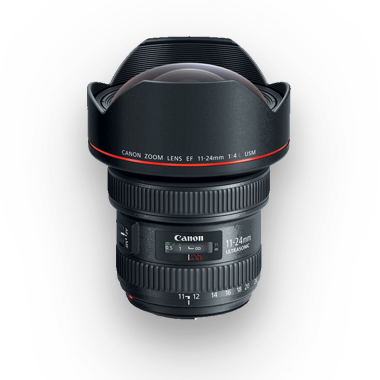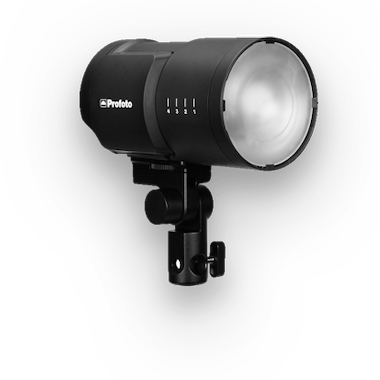By Kent Lamm
Filmmaker / Richmond, VA
The 10 Commandments of No-Budget Filmmaking
Now, I may not be God, however, I have made a viral, profitable, and somewhat critically acclaimed no budget feature film, and I’m pretty sure that’s the next best thing.
Therefore, here are my 10 Commandments for no-budget filmmaking. Follow them and may thy films be blessed productions.
1. Thou shalt have clean dialogue audio.
Distant, echo-y dialogue is a sin. Same with muffled dialogue, dialogue I can barely hear, and dialogue so loud it’s clipping and gets distorted.
There are many ways to fix bad dialogue audio on set. Like bringing on a boom operator and making your audio quality a priority. There’s also tricks like placing hidden “plant mics” in your scene. Not to mention the affordable wireless mic options all over the market these days like the Rode Wireless Go II or DJI Mic.
If all else fails, you’ll have to resort to replacing your audio in post with ADR, but the performances will never be as good as they were on set.
2. Thou shalt have a story worth telling.
The fact that this is number 2 should tell you how bad the audio is in no-budget films…
Anyway, try writing your story out as a paragraph. Is it an interesting paragraph? Read it to someone. Do they find it provocative? If not, you’re probably hamstringing yourself with a weak story.
Another question to ask yourself: Has this story been done before? The answer is yes, because they have all been done before. But are you bringing something new to it?
Will you get an emotional reaction? Will it make people think? Will they lean closer to the screen? Will they tell their friends? Be real with yourself and ask around.
And treat your story ideas like dating. You probably wouldn’t marry the first person that’ll grab coffee with you, right?
3. Thou shalt ask many favors, and thou shalt GIVE many favors.
Have no dignity. Beg. Plead. Do whatever you have to do to get people and resources on board your no-budget film.
You have full license to be shameless because these favors aren’t for you. They’re for your movie baby. And the movie baby can’t starve.
And if you aren’t giving as many favors to the filmmakers and people who support your project with favors, then you’re doing it wrong, and will soon run out of favors. So yes, you should definitely volunteer on that crew member’s upcoming short.
4. Thou shalt not spend most of thy budget on the camera.
With no budget, your 8k cinematography is not going to be what makes your movie worth watching.
Focus your attention and funds on who and what REALLY tells your story. Your cast, crew, locations, and sound (see commandment #1) take precedence over “YEAH I’M SHOOTING ON A RED, BRO.”
5. Thou shalt seek out objective feedback on the script.
Brilliant, professional screenwriters are out there writing awful movies everyday in Los Angeles. You think your 1st draft is somehow perfect? That’s… unlikely. It’s more likely that your first draft is, in fact, a huge mess.
So seek out feedback from the people you trust the most, and put your ego aside. You don’t have to apply every note you get, but you need to keep an open mind that your script could have a long way to go.

6. Thou shalt over-prepare.
Anything that can go wrong, will go wrong.
Over-preparation is the only thing you can do to protect your film from the million little and big things that will go wrong on your shoot. After all, it’s not like you can fix these problems with money.
So have a plan B, and C. And always communicate your plans with such clarity that there’s no room for additional error.
7. Thou shalt seek out objective feedback on the edit.
See commandment #5.
Don’t rush the edit. Take the edit as far as you can and then show someone. Watch them as they watch the film. You’ll learn a lot about where your film is slow, boring, funny where it shouldn’t be, not funny where it should be, etc.
Repeat this with more people as the edit develops.
8. Thou shalt keep it short and sweet.
The shorter the film, the higher the budget you have for each minute of it. So don’t spread your budget too thin with an epically long film.
This applies to features as well as shorts. A 30 minute short film is a non-starter for most audiences.
And while I might take a risk on an 84 minute long no-budget drama, I won’t risk a whole lot more of my limited time on earth. So if your no-budget film is over 2 hrs, you’re doing it wrong.
Making a really long no-budget film is the definition of high risk / low reward.
9. Thou shalt not do opening credits.
Do you think anyone watching your $2000 zombie movie is dying to know who your associate producer was?
You think they’re gonna be like – Oh this is a [your name here] picture? WOW! I’ve never even heard of them, this is gonna be good!
Unless you convinced Samuel L Jackson to be in your no budget film, skip opening credits because the audience won’t care. And the film isn’t for you after all, it’s for your audience…. right?
10. Thou shalt feed thy flock.
Your cast and crew are showing up to help you make your movie for free (or close to it). The least you can do is throw them some Chipotle, ya know?
Get 20% off your first order with promo code BLOG20
Kent Lamm
Kent is a filmmaker from Richmond, Virginia. He's best known for his 2010 no-budget feature film, Bad is Bad, and his 2019 short, Will "The Machine", which both went viral with millions of views. He is based in Los Angeles, where he also runs his YouTube channel, Standard Story Company, with over 100k subscribers. His goal on YouTube is to help filmmakers improve their storytelling at any budget level.
You may also like
Gear Doesn’t Matter – Except When It Does
It's controversial to say that gear matters in photography – people always say it's about the arti
Vertical vs Horizontal Orientation in Photography
Landscape mode or portrait mode? This Op-Ed makes the case for breaking traditional molds and shooti
Getting Introduced to Fashion Photography with Melissa Rodwell
Take a look at photographer Melissa Rodwell's work. This is a photographer you should be paying atte








